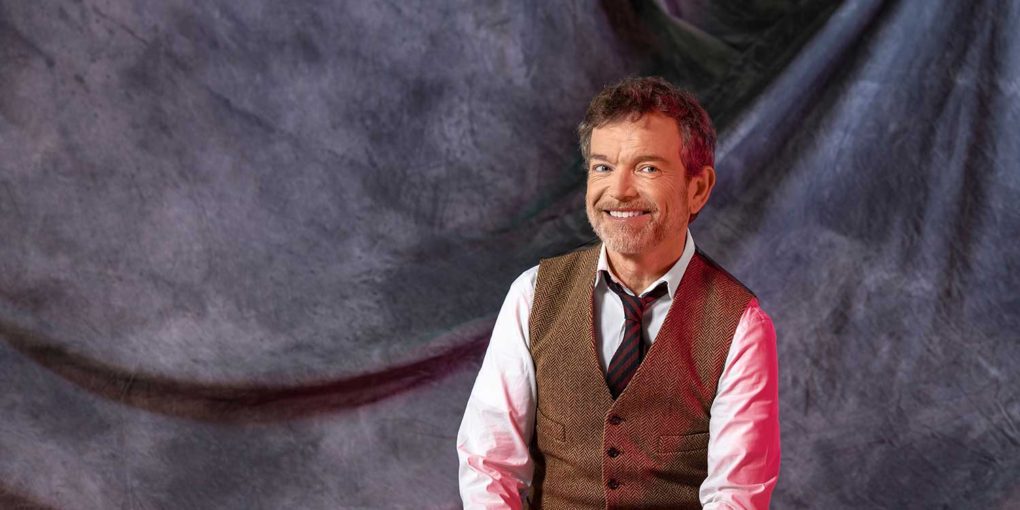During his youth in Aix-en-Provence, Christophe Rousset developed a passion for the Baroque aesthetic. At the age of thirteen he decided not to study archaeology but to satisfy his keen interest in the discovery of the past through music instead, by taking up the harpsichord. That took him to the Schola Cantorum in Paris, where he studied with Huguette Dreyfus, then to the Royal Conservatory in The Hague, to work with Bob van Asperen. At twenty-two he won the prestigious First Prize, as well as the Public Prize, in the Seventh Bruges Harpsichord Competition (1983).
At Aix he also developed his love for opera and the stage by attending rehearsals at the Festival d’Art Lyrique. It was there that opera gave him his first strong emotions, which still guide him in his work today.
Christophe Rousset’s performances as a harpsichordist soon attracted the attention of the international press as well as record companies. He became a member of Les Arts Florissants, then Il Seminario Musicale, before embarking on a career as a music director, which led him to form his own ensemble, Les Talens Lyriques, in 1991. Firing the ensemble with his enthusiasm as a conductor and researcher, he was soon among the front runners of Baroque, acclaimed in France and internationally.
Engagements at the world’s Baroque festivals, numerous recordings (Harmonia Mundi, L’Oiseau-Lyre, Fnac Music, Emi-Virgin, Decca, Naïve and Ambroisie), film soundtracks (Farinelli)… within a few seasons Christophe Rousset had established his reputation as a talented, industrious and conscientious young director with a passion for the voice and for opera, an indefatigable discoverer of original scores (Antigona by Traetta, La Capricciosa Corretta by Martin y Soler, Armida Abbandonata by Jommelli, La Grotta di Trofonio by Salieri, Temistocle, by Jean-Chrétien Bach …), a soloist and chamber musician always at his peak, and a patient and untiring teacher.
His various projects lead him to explore European music of the seventeenth and eighteenth centuries (opera, cantata, oratorio, sonata, symphony, concerto, suite…), constantly shedding light on all the forms that played a part in the history of music before Rossini, and ‘serving’ music in a very personal way.
His many recordings include the complete harpsichord works of François Couperin, Jean-Philippe Rameau, d’Anglebert and Forqueray, and his interpretations of works by J. S. Bach (Partitas, Goldberg Variations, Harpsichord Concertos, English Suites, French Suites, Klavierbüchlein für Wilhelm Friedemann ) are regarded as references. With his ensemble Les Talens Lyriques, his great successes on disc include Pergolesi’s Stabat Mater, Mozart’s Mitridate, Overtures by Rameau, and Persée and Roland by Lully.
Christophe Rousset is an Officier des Arts et Lettres, and “Chevalier dans l’Ordre National du Mérite”.
